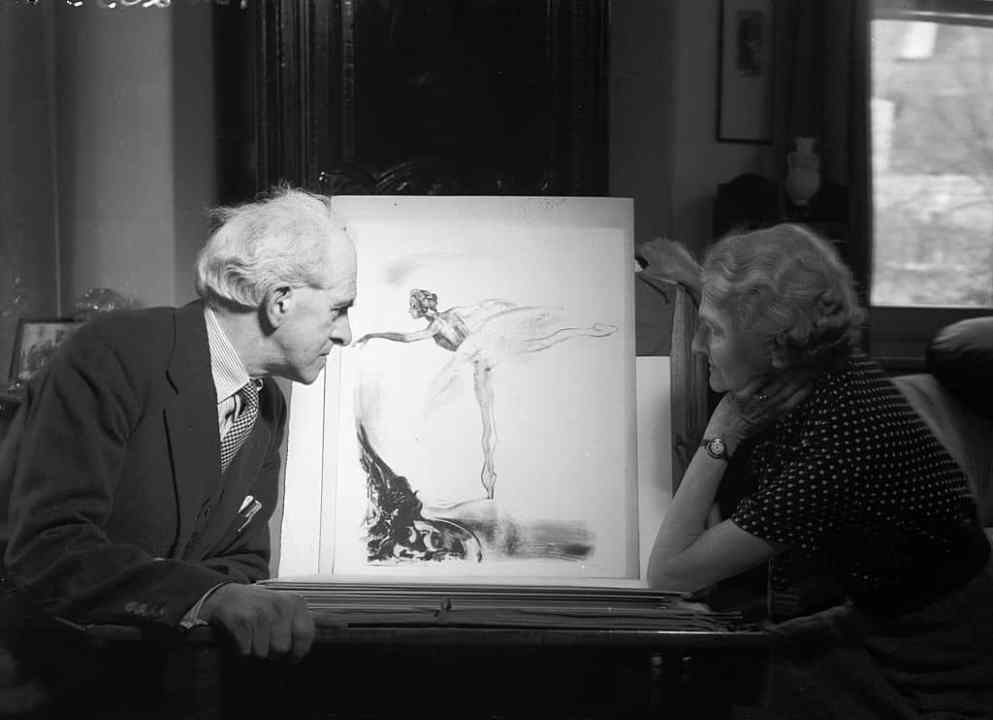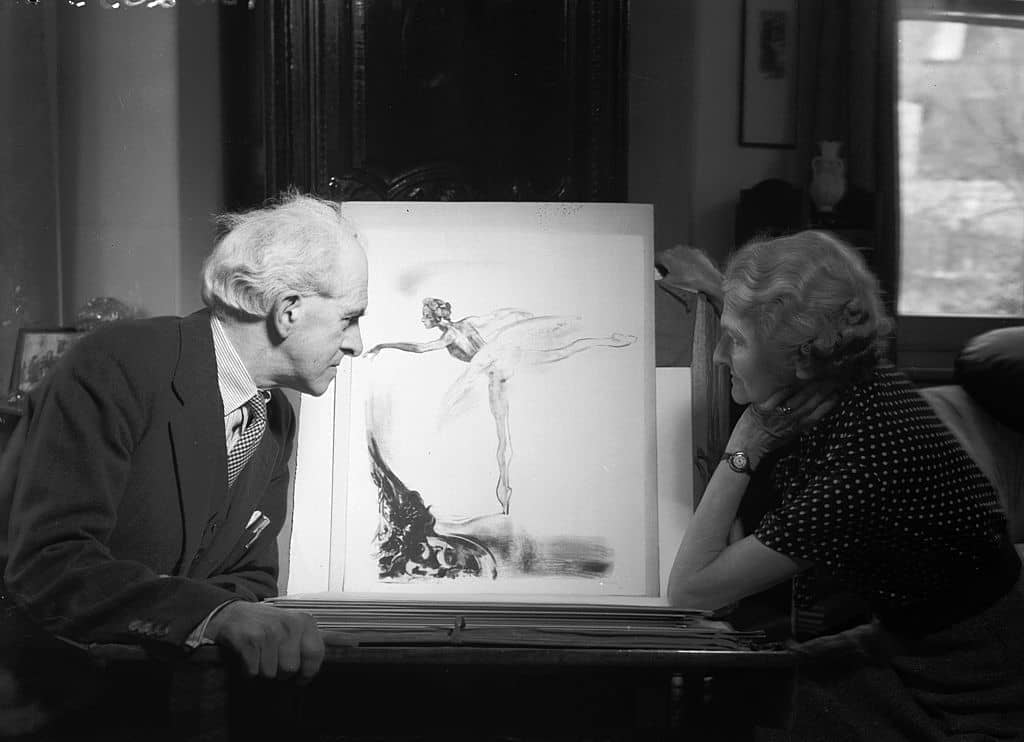Every once in a while, a book comes along that causes me to undergo a genuine shift in perspective. Abi Morgan’s This is Not a Pity Memoir had exactly this effect. Abi’s partner and father of her two children, Jacob, was put into an induced coma after his treatment for multiple sclerosis had caused a series of seizures. When he regained consciousness, he recognised his family and friends, but insisted that Abi was a stranger, or, worse, an imposter. The story is heart breaking, profound and even funny.
Abi describes the challenge of caring for someone who no longer remembered her. She found the journey of making a new life when so much had changed to be terrifying. But at its heart this is a love story and that’s how Abi wants it to be read: ‘There are no such things as pity memoirs, only words on pages and if they mean something to someone, they are worth being said.’
Without memory to anchor us to the individuals around us, our personalities can change.
Morgan reminded me of the things that matter: the importance of family, the inexorability of time and how, even in the bleakest of circumstances, hope somehow remains. Jacob’s plight made me wonder: What are we without our memories? Relationships are based around shared experiences. Without memory to anchor us to the individuals around us, our personalities can change.
Prior to my Granny getting dementia, I remember a person with enormous grit and determination. Her father was a miner and after losing her mother at the age of eight, she was brought up by her eldest sister and later became a respected choir conductor. She had a powerful presence, she was always direct and often quite frightening.
I remember visiting her and I would always be on my best behaviour. She loved talking about music and dogs. Her decline saw the strength in her eyes gradually replaced with confusion and sometimes panic. Eventually, she was moved into a care home. She repeated herself and her mind wandered. She seemed to live in an altered state of consciousness, insisting that my father (her son) lived in a fairy tale castle. There were days when shewould vividly remember details of her childhood. This made it all the more confusing when she couldn’t recall who came to visit her an hour ago. She would ask my dad why he had come to see her when she saw him the day before. When someone eventually forgets who you are and they live in a world that we can’t reach, do you go and visit that person when it seems to no longer makes a difference to them? Then there are feelings of guilt and shame, the thought that death might be a kinder release.
Recently, I walked past my neighbours’ house on the street where I used to live. The old couple are still there. I didn’t know them very well, but we always said hello. I learnt that they got married young and had no children. She had dementia and he was caring for her. I couldn’t help but look through their window as I passed. He was calmly brushing her long grey hair whilst she sat on a wooden chair and stared blankly ahead. A simple and soft gesture that you would usually see between a parent and child. There was love in every stroke of the brush.







Comments